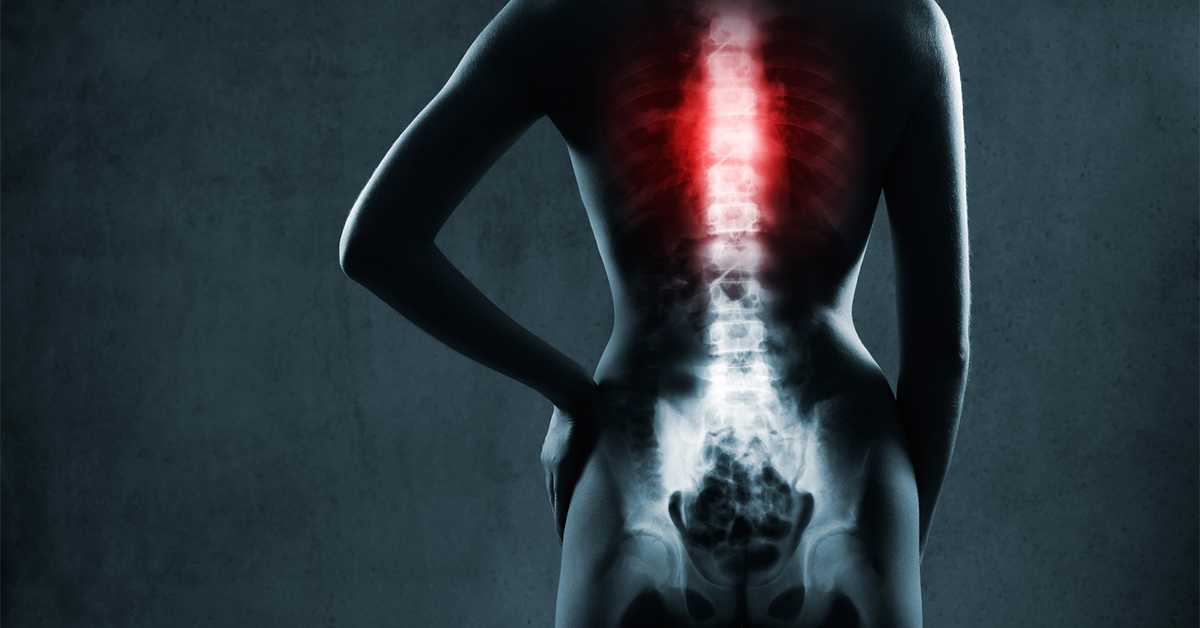
Can I Live a Normal Life After Discectomy?
For individuals dealing with the debilitating effects of a herniated disc, a discectomy offers hope for pain relief and improved mobility. One common question for those considering the procedure is, “Can I live a normal life after discectomy?” While every patient’s experience is unique, most people are able to return to their regular activities after recovery with minimal limitations.
What to Expect After Surgery
The main goal of a discectomy is to alleviate the pain, numbness, and weakness caused by a herniated disc pressing on nearby nerves. Once the pressure on the nerve is relieved, many patients notice an immediate reduction in their symptoms. However, the road to a full recovery varies depending on the individual and the type of discectomy performed.
- Recovery Time: Most people can expect a recovery period of 4 to 6 weeks for a minimally invasive discectomy, though some may take longer, especially if the surgery was more extensive. During this time, rest and careful management of physical activity are crucial to allowing the spine to heal properly.
- Physical Activity: While you will be able to return to light activities like walking or sitting within a few days after surgery, strenuous exercise, heavy lifting, or twisting motions will likely be off-limits for several weeks. Following your surgeon’s advice regarding activity limitations will help prevent re-injury or complications.
- Physical Therapy: Physical therapy is often recommended to help regain strength and mobility after a discectomy. These exercises are designed to stabilize and strengthen the muscles around your spine, promoting long-term recovery and preventing future disc issues.
Returning to Work
Returning to work after a discectomy depends on the type of job you have and the demands it places on your body.
- Sedentary Jobs: For those with desk jobs or jobs that do not require physical labor, it may be possible to return to work within 2 to 4 weeks, especially after a minimally invasive procedure.
- Physically Demanding Jobs: Individuals with more physically demanding jobs, such as construction workers or those who need to lift heavy objects, may need to wait 6 to 12 weeks before returning to full duties. It’s essential to follow your doctor’s guidance and avoid rushing back to work to prevent further injury.
Can I Resume My Favorite Activities?
One of the most significant concerns for people undergoing discectomy is whether they will be able to return to their favorite activities, whether it’s sports, exercise, or hobbies. While full recovery can take some time, many patients do eventually return to these activities, often with better function than they had prior to surgery.
- Exercise: Activities like walking, swimming, and cycling are typically encouraged during the recovery process because they place minimal strain on the spine. More intense activities like running, weightlifting, or contact sports may require a longer wait before you can resume them, but with proper rehabilitation, many patients regain their full capabilities.
- Hobbies: For activities that involve bending, lifting, or twisting—such as gardening, housework, or playing certain sports—gradual reintroduction is key. Start slowly and increase your activity level as your body heals and your doctor clears you for more movement.
Long-Term Outlook After Discectomy
Living a normal life after discectomy is not only possible, but it’s also the primary goal of the procedure. Most patients experience significant pain relief and improved mobility, allowing them to resume activities they may have had to avoid before surgery. However, maintaining good spinal health after surgery is crucial to long-term success.
- Lifestyle Changes: After surgery, adopting healthy habits like maintaining a strong core, using proper posture, and avoiding repetitive strain on the back can help protect the spine and prevent future disc issues.
- Managing Expectations: While discectomy can relieve the symptoms caused by a herniated disc, it does not cure degenerative disc disease or reverse damage already done. Some patients may experience lingering stiffness or soreness, especially if there was long-term nerve compression before surgery. Staying proactive with physical therapy and maintaining a healthy spine can help minimize these effects.
After a discectomy, most people are able to return to a normal, active life. While recovery takes time and effort, the procedure significantly reduces the pain and discomfort caused by a herniated disc. By following your doctor’s advice, participating in rehabilitation, and taking care of your spine, you can enjoy a higher quality of life and regain the ability to participate in daily activities, hobbies, and even physically demanding tasks.
